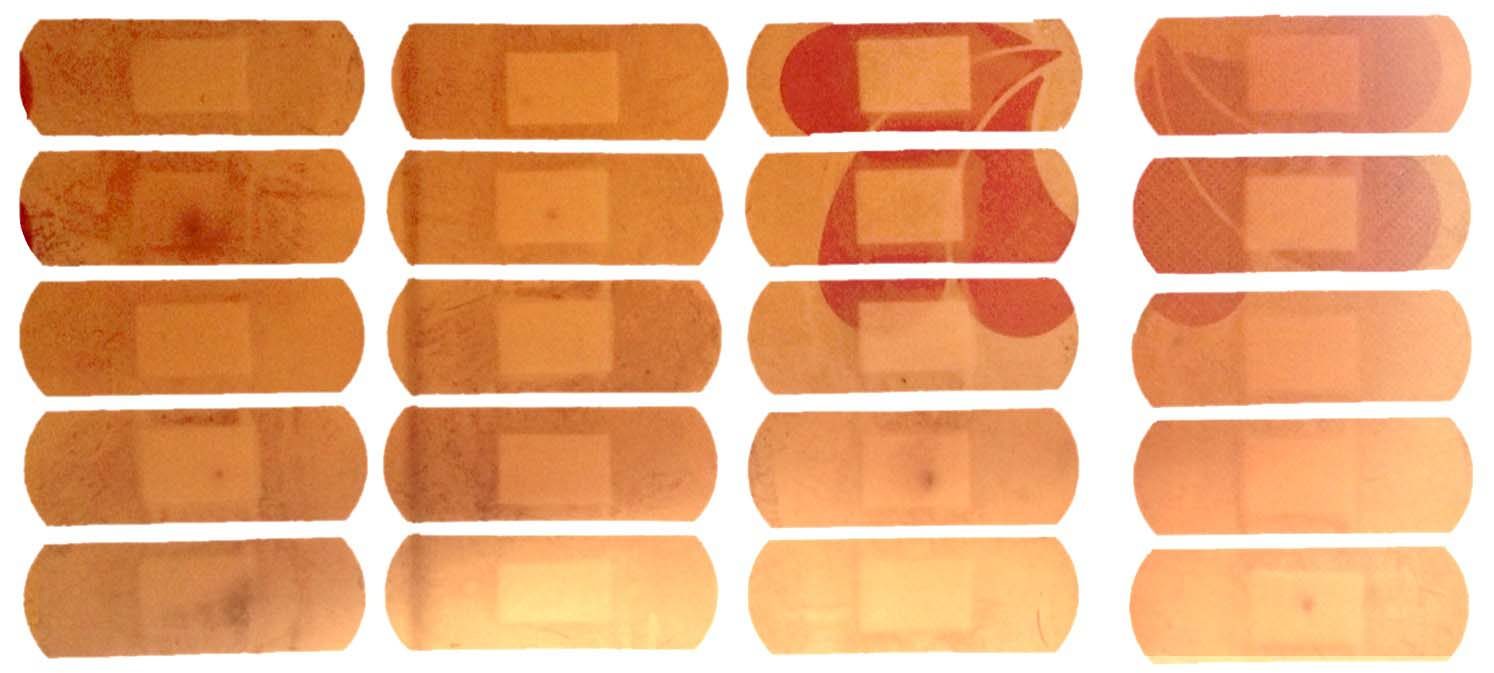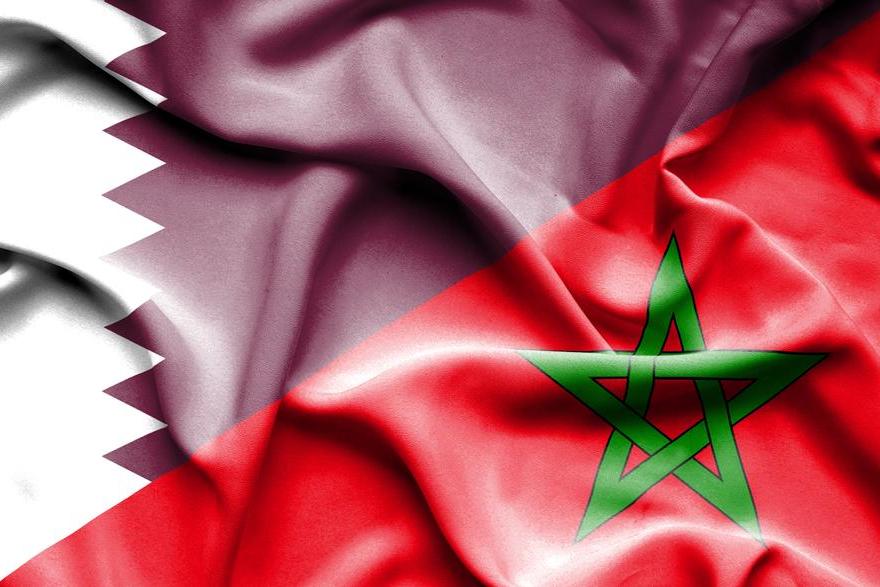
After spending record amounts on the subsidized healthcare of its residents over the past few years, Qatar is overhauling its system. The nation hopes to have all residents and visitors insured by private companies or the state, depending on their nationality, by 2016.
Statistics and numbers aside, patients with health conditions are watching closely to see how the changes will affect them. Tejas Kumar, a 20-year-old web specialist who has lived here nearly all of his life, was born with hemophilia, and reports to the hospital often for costly treatments that keep him alive and functional. Here’s his take on the system, and the changes afoot.
I moved to Qatar in 1997 with my family at the age of 4, after my father got a job with a reputed airline.
For us, life here was a new experience – a new country, a new culture, a new climate. At the time, Qatar was more or less unheard of. There was no 2022 World Cup media buzz, no Doha News, not much at all. The Corniche had buildings on it that one could count on their fingers. It was a simple time.
I was born with hemophilia, a genetic medical disorder in which blood clotting is inhibited. If my condition goes untreated, I could bleed for hours, or even days after getting a wound. That amount of blood loss is dangerous, and could lead to loss of consciousness or even death.
My disorder is treated by injecting concentrated doses of blood clotting factor into my veins, so that blood clots normally. This injected clotting factor lasts for roughly two days at most, declining by 50 percent every 8 hours.
Once depleted, a patient would need to be injected again to ensure his or her health and safety. This means that a typical hemophiliac would require a dose of medicine two to three times a week.
Costs
For most, the cost of the medication would be considered absurdly high. A full dose of medication for a hemophiliac my size costs about $3,425 (QR12,500). Paying for the treatment out of pocket two to three times a week, in addition to the daily expenses one would have to bear, would be nearly impossible.
This is where Qatar has been perhaps the greatest boon to me and others with my condition.
Typically, the subsidization of medical care in other countries would apply only to citizens. Expats would have to pay full or near-full rates for the medicine. This is not the case in Qatar, or at least hasn’t been for the past 17 years.
Since 1997, I have received free, high-quality treatment from Hamad Medical Corp., first as a child through the pediatric hospital, then as an adult through the National Center for Cancer Care and Research.
This has allowed me to live – more or less – a normal, healthy life. I can do most things a healthy adult male would do. If I were to grow up elsewhere, it is quite doubtful that I would be as capable as I am today. In this regard, I wish to give a resounding thank you to this great nation of Qatar and the wonderful care it has afforded to me.
Changes
Last week, however, things changed. In need of medicine, I arrived at the hospital to receive some recombinant clotting Factor 8, only to find out that my condition is no longer treated for free, unless a patient is in very dire straits.
Upon asking why, the doctors informed me that this policy needed to be enforced because people were increasingly abusing the system. Some claimed they needed treatment without any real or urgent bleeding, essentially robbing the hospital of clotting factor that some of us actually need.
As a result, hemophiliacs now have to receive prophylactic treatment through the hospital’s “day care unit” by paying a subsidized rate for the medicine (provided they hold a health card).
Though subsidized, these rates can still be incredibly high. However, the Qatar Red Crescent supports patients in need by making deposits into a patient’s financial account held at their hospital. This level of grace and generosity, I personally have not heard of anywhere else.
Questions remain
The rollout of Qatar’s new insurance scheme will likely affect the local expatriate hemophiliac community and others with genetic disorders who seek medical treatment often.
Concerns about whether hemophilia would be covered continue to run through my mind, as may be the case with other hemophiliacs in the country – mainly because our lives (or the quality of our lives) depend on it. Either way, the grace we’ve been shown through HMC and Qatar Red Crescent leaves us with little reason to worry.
From labor law allegations to soccer stadium slander, Qatar spends a lot of time in the public eye being criticized for one thing or another. While there may be a few things to complain about, for me as a resident with hemophilia, there is a lot more to be grateful for.
Thoughts?







